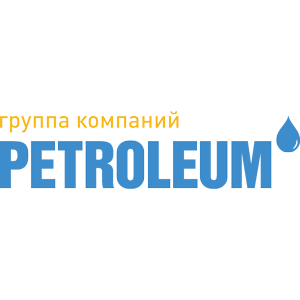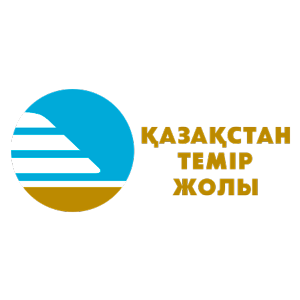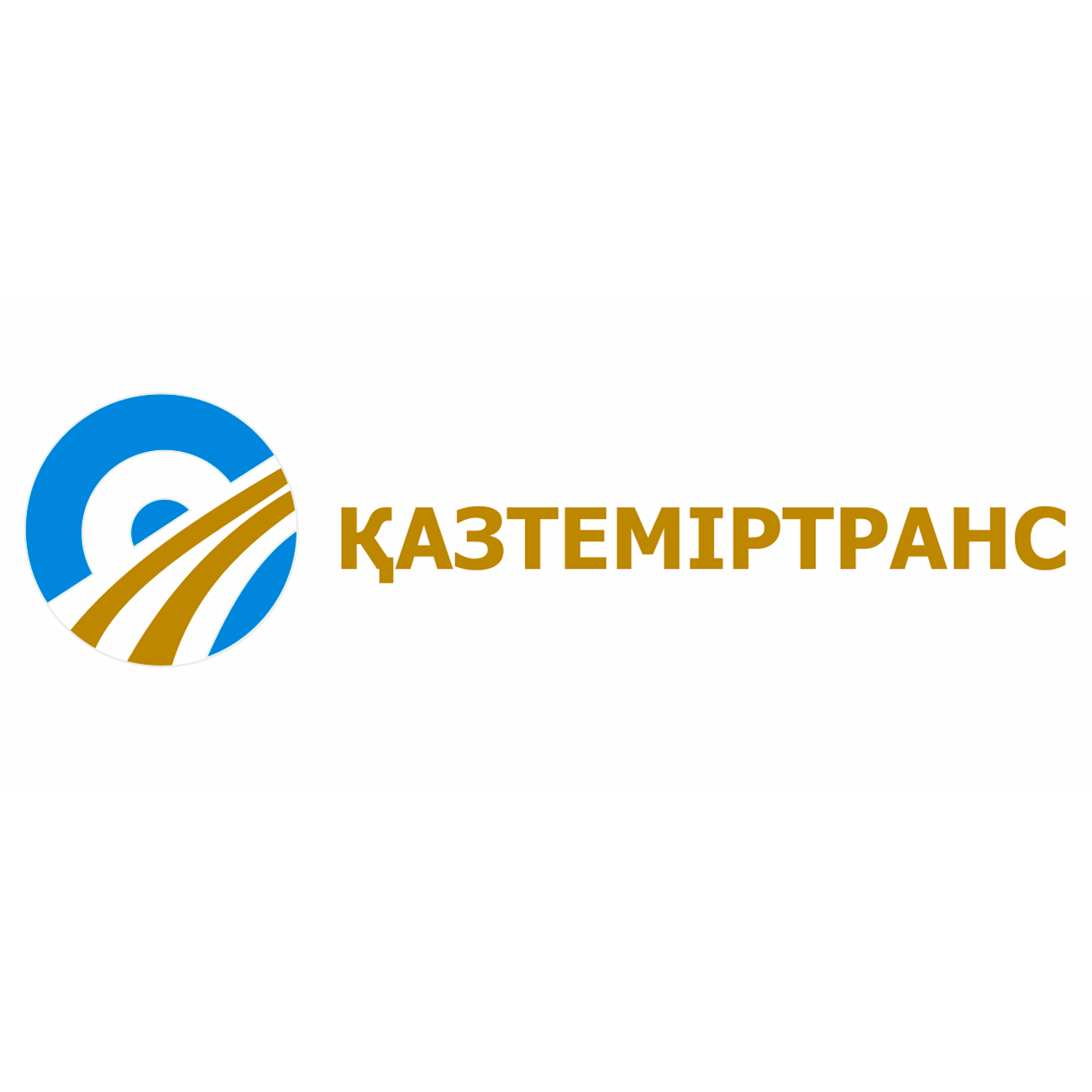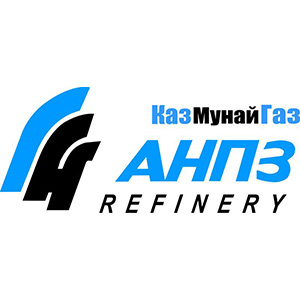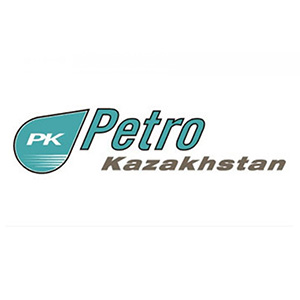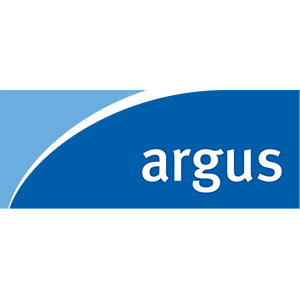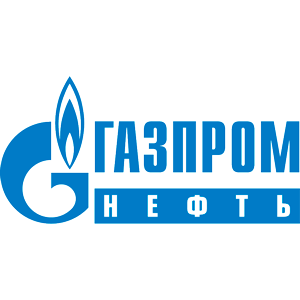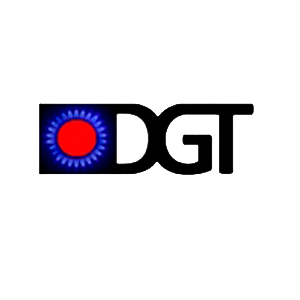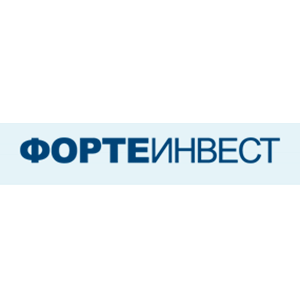Timur Karabayev — about trans-Kazakhstan logistics
The year 2022 turned out to be difficult not only for the Russian, but also for the Kazakh transport industry: transit container routes have changed, the interest of transiters in the trans-Russian Northern route has greatly decreased, replaced by interest in the more logistically complex Trans-Caspian. Chairman of the Management Board of PTC Holding Timur Karabayev told Kommersant about the work of Kazakhstani railway operators, the situation on the country’s railways, the advantages and disadvantages of transit routes.
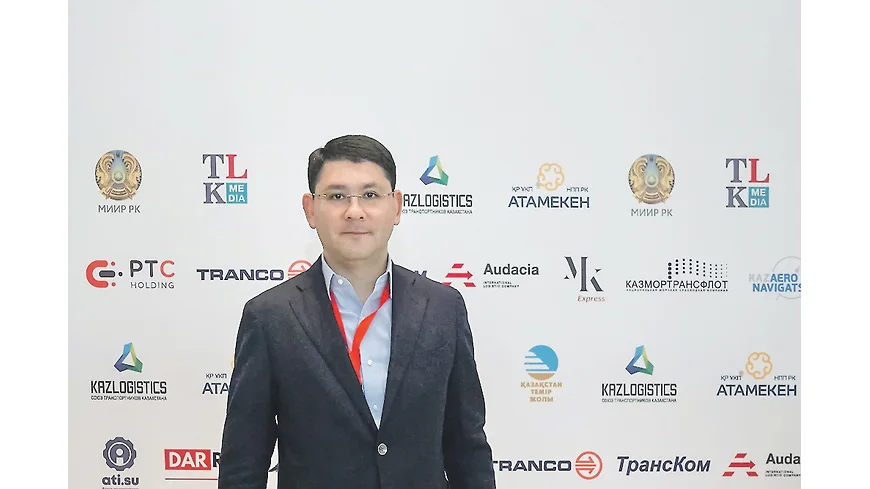
— The transport industry of Kazakhstan has experienced several difficult years: first two years of a pandemic, then a year in a difficult geopolitical situation. How does the industry feel in 2023?
— You said quite correctly: the years 2020-2021 were a little different from the previous years. And, accordingly, at the beginning of the pandemic, everyone expected that there would be significant stagnation. Stagnation in the world has really happened, but specifically the transport industry has shown great growth. If you remember, in 2020 and 2021, Kazakhstan transported a record amount of transit cargo, cargo flows began to grow. 2022, of course, was a little more difficult. Why? Because due to the geopolitical situation, some routes have started to close, some have become less popular with shippers of the world. Naturally, the reorientation of cargo flows began. Everyone started talking about the new — or rather, the new old— North—South corridor. The Trans-Caspian Transport Route (TMTM) began to attract more attention. And the fact that we see an increase in both interest and demand from real shippers within the TMTM, the so-called “Middle Corridor”, is a fact today. To date, we already have developments, customers are not just actively interested — they are trying to place applications.
It is clear that any complicated geopolitical situation is reflected in business relations, and when business relations begin to change, the transport strategy also begins to change: the transportation strategy, the sales strategy. In the pandemic, and in the post-pandemic period, and now, in the era of geopolitical changes, the countries of Southeast Asia (Southeast Asia), which have their trading positions in Central Asia: Kazakhstan, Kyrgyzstan, Uzbekistan, found themselves in a unique situation. The traditional routes used by cargo, goods from Southeast Asia, in particular from Korea and Japan, either stopped going, or demand fell very much, and shippers from Southeast Asia began to look for alternative delivery methods. It is clear that transport and logistics companies reacted very quickly to this and are now trying to offer some alternatives.
This is the first part. The second part: of course, what is happening around us today cannot but affect us. The ongoing special military operation, of course, did not directly affect the Kazakh movement, but it changed the movement within the framework of the Russian Federation. The prioritization of cargo transportation has changed, and although I cannot say that the terms of cargo delivery through the territory of the Russian Federation have increased very much, but in some cases we do record an increase in terms. And in Kazakhstan, the second half of 2022 and the beginning of 2023 are also difficult. We also have traffic problems. To date, I do not know practically any shipper who would be satisfied with the delivery time and would not increase the amount of railway rolling stock used to export a similar amount of cargo: as soon as the car starts to go slowly or it is abandoned, there is a shortage on loading, and, accordingly, transport companies are forced to increase the fleet. Increasing the fleet on the network leads to even greater congestion and even greater congestion of the network itself. We live with these problems today. And if earlier an abandoned train was rather an out-of-the-ordinary phenomenon, today it is already an ordinary event.
— What is the reason for the slowdown?
— It is clear that there are objective and subjective reasons for what is happening, and probably most of the objective reasons — what we see today — are related to the medium and major repairs of the main roads. In recent years, we have been growing wear and tear, and the national operator “Kazakhstan Temir Zholy” (KTZ) is starting to repair more sections, more kilometers. And when medium and major repairs are carried out, so-called technological windows appear, when from some time to some time no passenger or freight train can pass through this stage or segment of the way due to repair work. Accordingly, the train schedule begins to be rebuilt, clusters of loaded and empty cars are formed at different points. It is clear that passenger transportation has the number one priority. Then there are container trains, and then all the others.
— Will the situation be easier in 2023?
— I don’t think 2023 will be easier. After all, in addition to the existing plan for medium and capital repairs of the main line, at the end of last year, Prime Minister Alikhan Smailov gave an official start to the launch of a large construction project – the reconstruction of the Dostyk—Moynty section. It is almost 830 km, Dostyk—Alashankou is one of two junction stations with the Chinese railway. This is a single-track non-electrified section. Accordingly, the national operator decided to modernize this segment of the way: to build a second way in order to increase the volume of transported goods. And any repair and any construction of this scale at the time of construction itself will lead to much less cargo passage, and much more cargo will be standing at this moment. Our forecast is that 2023-2024, while construction is underway, it will not be easier. But we hope that after the commissioning of both Dostyk—Moynty and the Almaty bypass — this is another project that is being implemented today — the situation will change for the better.
— Which international routes are most actively used by PTC Holding for cargo transportation today?
— The so—called Northern Route — the route on which the OTLK EPA company stands, where the exit point to the 1520 gauge is Dostyk, and the exit point is Brest—Malasheviche — connects three railway administrations: KTZ (Kazakhstan), JSC Russian Railways (Russia) and the Belarusian Railway (Belarus). According to him, we are recording a very large decline. Prior to that, the cargo traffic grew very much at the time of the pandemic: in 2020-2021, a record amount of cargo was transported along this route. But with the beginning of the SVO, the Northern route has sunk very much. At the same time, loading to Moscow has increased by exactly the fraction by which this route has sunk. Therefore, the transit that goes through Kazakhstan has simply changed: Moscow terminals compensated for the passage to Brest—Malashevich.
But this route was and remains the most convenient, the fastest and, I am sure, the cheapest route for cargo delivery from southern or central China to Europe, for example to Duisburg, Germany.
It is very difficult to compete with this route, especially in terms of price: any other route will be much more expensive. And this is the main reason why everyone did not rush to TMTM abruptly. TMTM, as you know, is the territory of Kazakhstan, the Caspian Sea, Azerbaijan, Georgia, and then the Black Sea ports (for example, Poti), and then you need to sail through the Black Sea, for example, to Constanta, and from there go to the same Duisburg… And this route is more complicated than the Northern Corridor, because it is a multimodal transportation (railway, sea, then again railway, again sea and railway or car). It is clear that the costs on this route are much higher: freight, additional port charges appear in the port of Aktau or Kuryk in Kazakhstan, in the port of Alat in Azerbaijan, further in the port of Poti in Georgia and the port of Constanta in Romania, on the European route. Of course, these routes cannot be compared head-on, but if you go by TMTM, you will still have to pay more.
Also on the Northern route there is loading in both the eastern and western directions — from China to Europe and from Europe to China. And when there are cargo flows from both sides, it is possible to give the optimal, most attractive price for the shipper, since the car does not go back empty — in any case, not everyone goes empty. Balancing eastbound and westbound provided very good savings, which is much more difficult to do within the framework of TMTM. Because it is much more difficult to find the amount of cargo relevant to a container train, in the opposite direction of TMTM — to Kazakhstan, to Central Asia. Yes, it is possible that over time we will form some kind of cargo base, but until then the rate, of course, will be higher. Significantly higher.
It is also important to understand the territories of neighboring states, to understand who to rely on. We need strong partners, strong terminals, rolling stock of local railway administrations to be able to export this volume. Relatively speaking, selling the bid, contracting the volume is probably not the most difficult thing. It is much more difficult to find a support terminal on the Black Sea that will be ready to deposit a place for you, consolidate cargo, supply fitting platforms or a universal fleet for loading, and transport it in the opposite direction. That is, this is a job that requires much more time, and it will be impossible to deploy it at the click of your fingers.
— 3a Over the past five years of active development, you have turned from a local company into a diversified holding company investing, including outside Kazakhstan. You have projects in China, Turkey, and Uzbekistan. Why do you need them?
— If we are talking about transportation within the 1520 gauge, this is what we have always been doing, it has been the basis of our business, that is, the CIS and Baltic countries. We have not left the transportation of petroleum products that we started with: Today we are probably the largest operator in Central Asia both in terms of fleet and transportation. This is our main activity. But today we see that the logistics world is much more global than the 1520 gauge. And as soon as we understand that there is a change of track, the question arises of either a transshipment terminal or some kind of universal vehicle. Formally, a container is not a vehicle, but containers allow you to transport goods for tens of thousands of kilometers using completely different types of transport. In 2018, we thought about how, having such a well-located territory of Kazakhstan, to deal with them. We opened a company in Shanghai (China), because the Chinese cargo base is very large. Today, about 3% of all Chinese cargo travels by rail — everything else floats by sea. This is a huge base of shippers and contracts, and working with this base is impossible at a distance. To begin with, China is not a 1520 gauge, there is a language barrier, there are big mental differences, and if you work with a Chinese cargo base, there must be Chinese—speaking people who understand the mentality. There are still a lot of provinces there, each with its own logistics platforms, its own laws, subsidies … It will not be possible to deal with this while sitting in Astana.
Why Tashkent? Because when we talk about Central Asia, we understand that about 50-60 million people live in this region, and half of this population is the population of Uzbekistan. Plus, Uzbekistan, like Kazakhstan, is a transit territory — if Kazakhstan is a transit territory for Chinese cargo to Europe, then Uzbekistan is for passage to Tajikistan and Afghanistan. For us, this region is neighboring, mentally understandable, there are no serious language barriers. We understand that there should be a large multimodal center there, and it would be good if this center was with Kazakh capital. We are going in partnership with Uzbek partners and we want to bring there the best and new technologies in the terminal sector and in the field of warehouse storage and accounting technologies. At the end of 2021, we registered a company there and at the end of 2022, with the participation of two heads of state, we received official permission to start construction. Now we are in the active phase of preparing project documentation, coordinating it with government agencies and obtaining a construction permit. I hope that at the end of 2023 — the beginning of 2024, we will already begin construction.
Why Turkey? Because Turkey is also on the sea, controls the Bosphorus and has always been a reference point for long-distance routes. Turkey has deep-water ports. Vessels that come there from the deep sea go directly to Turkey, which cannot be said, for example, about the Black Sea ports of Georgia, which physically cannot accept a vessel for 15 thousand TEU. Also, everyone understands that Turkey is a growing economy. It is both a large consumer of resources, including agricultural products (in particular, Kazakh), and a large shipper of a wide range of goods, ranging from consumer goods, ending with machinery and equipment — for example, the same cranes. Turkey is very developed in the transportation of consumer goods by road. But when they talk about road transport, they are usually profitable on not very long routes. If we are talking about routes of 7-8 thousand km, there is competition with rail transport. Turkey, in our opinion, like China, is exactly the place where you need to be present, where you need to live and work, understand what mental laws business is built according to, what logistics chains are present, what shippers are there, why they go this way and not another way… Turkey also fits well in TMTM, because when we talk about TMTM, we understand that the middle corridor can go by cargo, for example, to the Black Sea, to Poti—Batumi, or it can go through the new Kars—Akhalkalaki border crossing and then follow the Turkish railway.
There are also some groundwork in Georgia. With the port infrastructure, the work should be filigree: it should ensure one hundred percent acceptance of cargo, its consolidation and registration. Therefore, we are looking at the Black Sea ports of Georgia: if we are talking about the maritime part of the TMTM, then this is actually the end of the corridor. TMTM starts at Altynkol station, and the end is located on Poti—Batumi.
— What investments of PTC Holding in infrastructure can we talk about in the coming years?
— PTC Holding has historically developed on its own assets. We have been looking at the industry, the sphere for a very long time: we study partners, competitors, infrastructure, bottlenecks on it… In any case, the current situation is based on the existing infrastructure capabilities that exist: this may be the state infrastructure of trunk roads, logistics infrastructure in the form of ports, terminals, loading and unloading platforms equipped with cranes. And we have always built our strategy on finding bottlenecks, and where there are bottlenecks and they can be physically expanded through the logistics infrastructure, we have always invested money. It is our logistics infrastructure that has ensured and ensures our competitive position in the market. There is a large trunk infrastructure that is and should be owned by the state, and it is developing it. But to complete the route with logistics terminals, to provide it with wagons, containers, cranes, firstly, is within the power of business, and secondly, this is what business should do.
— How do you feel about the prospect of creating a single market for transport services?
— This is a logical continuation of our good and partnership relations with our closest neighbors, historical partners. Another question is that within the framework of such cooperation, it will be necessary to provide all participants in this process with equal conditions, equal access to infrastructure. I think that, probably, by 2025 we should try to have time to prepare for an equal partnership. This is still new for us. It is clear that we, as a transport company, work in the Russian Federation, Belarus, and other EAEU countries. For example, we have a subsidiary in the Russian Federation, which operates on the same rights as other freight forwarders in Russia. Many Russian companies have their subsidiaries or branches in Kazakhstan. But when supranational legislation begins to work, it will be necessary to look at what opportunities and risks this brings for Kazakhstani companies. Here, of course, we need a good legal assessment of which provisions of national legislation will lose their force in favor of the supranational one from January 1, 2025. Everything new is usually scary. One thing I know for sure: any company, be it Russian or Kazakh, should be internally ready for such competition. Because competition in the transport industry depends very much on market positions. And market positions depend on the number of wagons. For example, in our core business, of course, over all these years we have tried to create a strong transport company with a large fleet, a customer base, and we are relatively ready for a lot of competition from 2025.
Of course, you need to be prepared for the fact that new market participants will appear who will offer excellent logistics products that will probably be cheaper, better, faster.
The service is not in the last place. And the Russians know how to make a service, I want to say. These are first-class companies that have been in this business for a very long time and have rolled all the tracks for a long time, and we do not always match the level of service that they offer. And this is a challenge for us. While there is still time to prepare. We are now actively developing various client services and are trying to provide our clients with new services, receive feedback: how interesting was the price, how well the service itself was provided, what additional requests could the client have… And this is a normal process. When the big global game starts, someone will leave, someone will come, someone will become stronger. I think we should become stronger. And the fact that competition will increase is good for the customer: lower price, better service, optimal delivery times.
— How much do the sanctions against Russia affect the company’s business?
— It is very difficult for Kazakhstan with the sanctions regime. We are too strongly connected with the Russian Federation — not only by long-standing historical, but also by economic ties. As the head of a transport company, I understand today that we cannot buy any part of the products, for example spare parts for freight cars, freight cars themselves, anywhere except in Russia. And I think the world community understands this. It is clear that there is a lot of sanctions pressure, but we are not in a situation to choose. We cannot choose, for example, the wheel of a freight car — we buy it either in Kazakhstan, where, thank God, there is one company that produces them, or from several enterprises in Russia. All these questions make us think about how to work further. And Russian manufacturers are thinking how to work for them. We’ll wait and see, but I hope that we can find some mutually acceptable way out of this situation.
https://www.kommersant.ru/doc/5926362
 010000
010000 Astana, 18 Turan Ave
Astana, 18 Turan Ave Astana, 18 Turan Ave
Astana, 18 Turan Ave Astana, 18 Turan Ave
Astana, 18 Turan Ave 123112
123112  100015
100015 ![]() China, Shanghai Pudong New Area No. 1168 Century Avenue Dongfang Financial Plaza
China, Shanghai Pudong New Area No. 1168 Century Avenue Dongfang Financial Plaza![]() Кыргызская Республика 720011, город Бишкек Первомайский район, ул. Раззакова, д.32
Кыргызская Республика 720011, город Бишкек Первомайский район, ул. Раззакова, д.32![]() Грузия, г.Поти ул. Хоби № 7
Грузия, г.Поти ул. Хоби № 7


